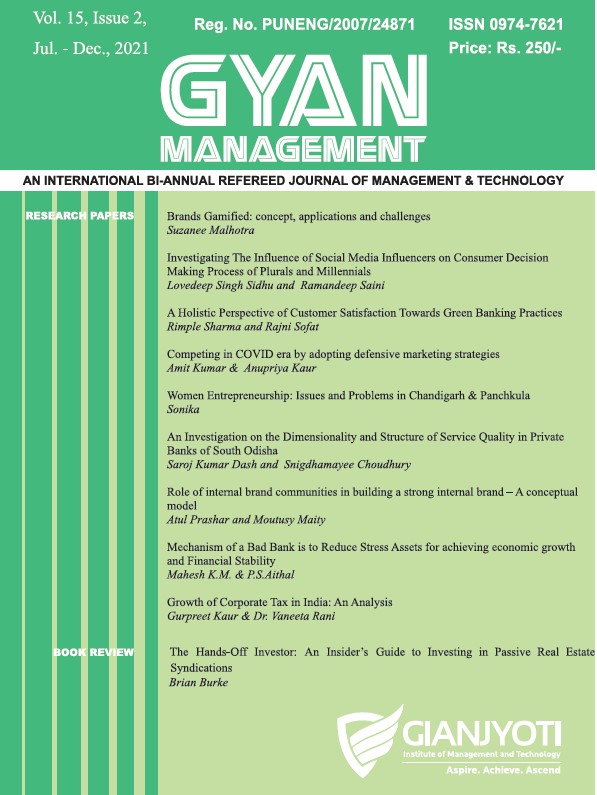Job Satisfaction & Organizational Commitment of State Sector Employees of Sri Lanka: Moderating effect of Demographical Factors
Keywords:
Organizational commitment, Demographic factors, Job Satisfaction, State sectorAbstract
Evaluating job satisfaction among employees is an increasingly important area of concern for employers. This helps to recruit and retain quality employees as well as to deliver a quality service or product to the customers. This study examines the relationship between job satisfaction and organizational commitment among graduate employees in the State sector of Sri Lanka. Also the effect of demographic factors such as age, gender and experience on job satisfaction and organizational commitment are also analyzed.
The sample for this research was selected from the Department of Customs, Department of Inland Revenue and the Department of Excise on random basis. From each department 50 employees were selected on random basis and all together 150 participants were selected for the study. The results indicate that the job satisfaction and organizational commitment of males are higher than those of females. The job satisfaction is in an average level. The organizational commitment is in a satisfactory state. There is a positive significant relationship between job satisfaction and organizational commitment.
Downloads
References
Downloads
Published
Issue
Section
License
Copyright (c) 2022 Gyan Management Journal

This work is licensed under a Creative Commons Attribution 4.0 International License.



